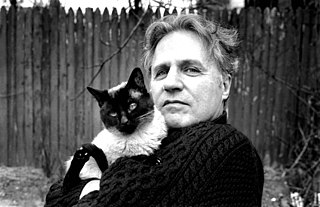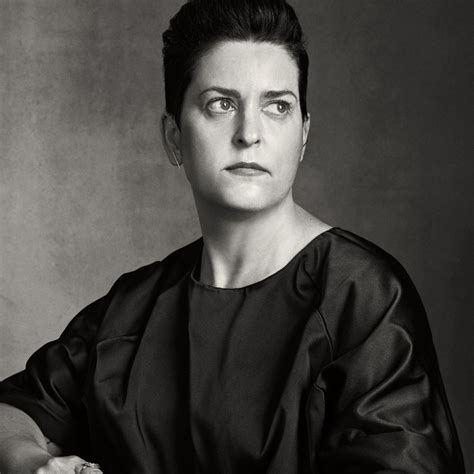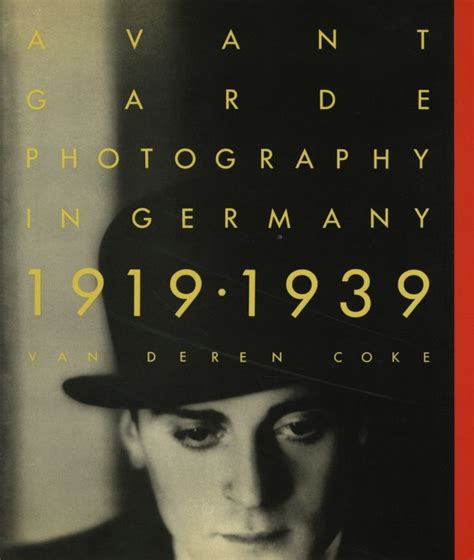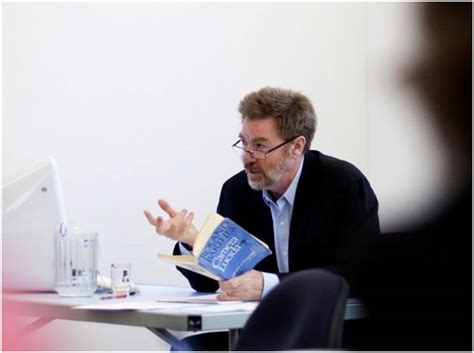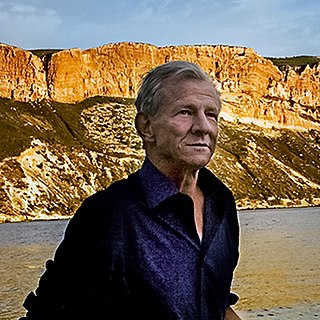A Quote by Gerard Malanga
I seem to be always returning to photography in my poetry. I guess you could say that I'm documenting the personal history and relationship I have with photography.
Related Quotes
Photography's relationship with pornography is as old as photography. That kind of unholy relationship is formed from the very beginning, and there's a reason why: it's thoroughly enjoyable to be that voyeuristic. Voyeurism is a very old modality, and most of the history of photography is in some way related voyeurism.
To know whether photography is or is not an art matters little. What is important is to distinguish between good and bad photography. By good is meant that photography which accepts all the limitations inherent in photographic technique and takes advantage of the possibilities and characteristics the medium offers. By bad photography is mean that which is done, one may say, with a kind of inferiority complex, with no appreciation of what photography itself offers: but on the contrary, recurring to all sorts of imitations.
Anthropology... has always been highly dependent upon photography... As the use of still photography - and moving pictures - has become increasingly essential as a part of anthropological methods, the need for photographers with a disciplined knowledge of anthropology and for anthropologists with training in photography has increased. We expect that in the near future sophisticated training in photography will be a requirement for all anthropologists. (1962)
I like to keep my personal life private. I did read one of those stories, and it made it seem like just because I don't go out and I'm not the subject of tabloid photography, I've never had a relationship in my life, like if a relationship isn't documented by a picture, it doesn't exist. I don't want to talk about it.
No individual photo explains anything. That's what makes photography such a wonderful and problematic medium. It is the photographer's job to get this medium to say what you need it to say. Because photography has a certain verisimilitude, it has gained a currency as truthful - but photographs have always been convincing lies.
I chose makeup over photography because there was something very sensual about makeup that I loved. But photography was always in the back of my mind. That was always something that I was very connected with: looking at magazines, enjoying photography, and then taking pictures myself when I was a kid.
